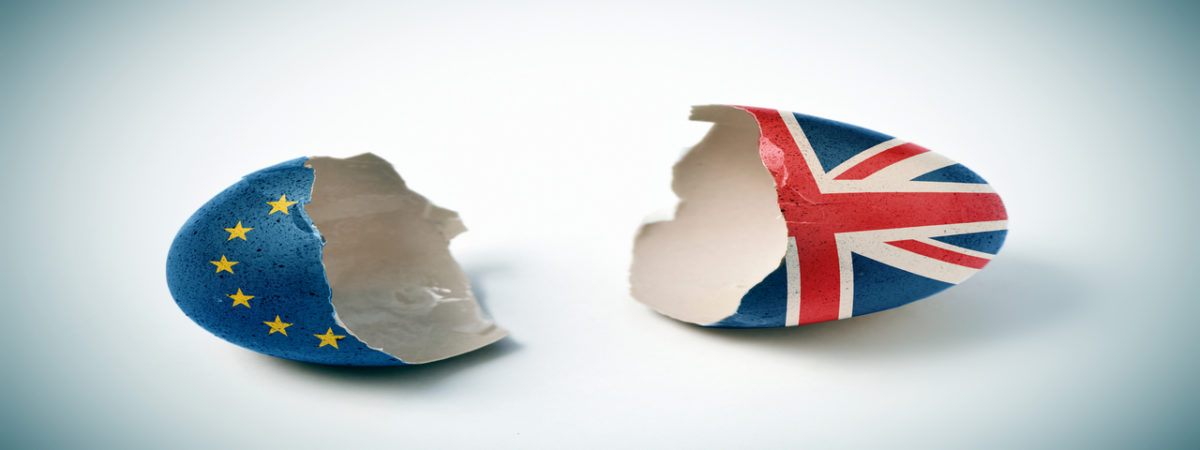Proportion of UK employees needing a licence to work has doubled in the last 15 years
SUGGESTED

IEA Brexit Unit responds to the news that the Brexit talks are moving to phase two

IEA reacts to the High Pay Centre's 'Fat Cat Thursday'

IEA releases report on occupational licensing in the UK
Currently, one fifth of workers need a licence to practise, and significantly more occupations are regulated in the UK than in countries such as France, Italy and Belgium. Such high levels of regulation slow employment growth, raise prices and exclude many potentially competent workers – with little evidence of improvement in quality of services.
Rather than establishing a new regulatory body every time a problem arises, more responsibility should be placed on employers to regulate quality and determine the qualifications necessary to work. Where intervention is required, registration open to anyone who has good character and financial probity is preferable to the restrictive tool of licensing – where you must have formal qualifications, often years of supervised work experience, pass tests of various kinds and typically pay a significant annual fee.
A new report from the Institute of Economic Affairs makes the case that deregulation of this kind, together with new technology that allows consumers to save money and do more for themselves online or with the help of para-professionals, could bring about a major productivity boost for the UK economy.
Problems brought about by excessive occupational licensing
- Reduced access to jobs and mobility without necessarily improving quality of delivery
- Restrictive barriers to entry to occupations – such as expensive licence fees and the necessity for specific qualifications – prevent disadvantaged groups, such as some women, the young and immigrants from gaining better paid work, and thus reduce social mobility
- This prevents competent people from working, while protecting existing employees
- Reduces the supply of goods and services, leading to higher prices
- A high legal professional, for example, may offer a good service for those who can afford it, but nothing for those who cannot
- The early adoption of technical advances and the accompanying productivity gains are inhibited as innovation threatens incumbents’ protected position
Steps to deregulate
- Regulation to be reviewed to reduce government intervention where possible
- Where intervention is still required, registration is preferable to licensing
- The onus should be on employers to set and maintain standards
- Consumers’ freedom to choose and providers’ freedom to experiment should be encouraged to facilitate productivity and real income gains
Commenting on the report, author Len Shackleton, Editorial Research Fellow at the Institute of Economic Affairs, said:
“It is disturbing to realise that more occupations in the UK are now regulated than in France or Italy – countries which are typically associated with heavy employment regulation. The government should open up occupations to greater competition and thus boost productivity.”
Notes to editors:
For media enquiries please contact Nerissa Chesterfield, Communications Officer: nchesterfield@iea.org.uk or 07791 390268
To download a copy of ‘Conspiracy against the public? Occupational regulation in the UK economy’ please click here.
Further IEA research on labour market regulation can be downloaded here.
The mission of the Institute of Economic Affairs is to improve understanding of the fundamental institutions of a free society by analysing and expounding the role of markets in solving economic and social problems and seeks to provide analysis in order to improve the public understanding of economics.
The IEA is a registered educational charity and independent of all political parties.



